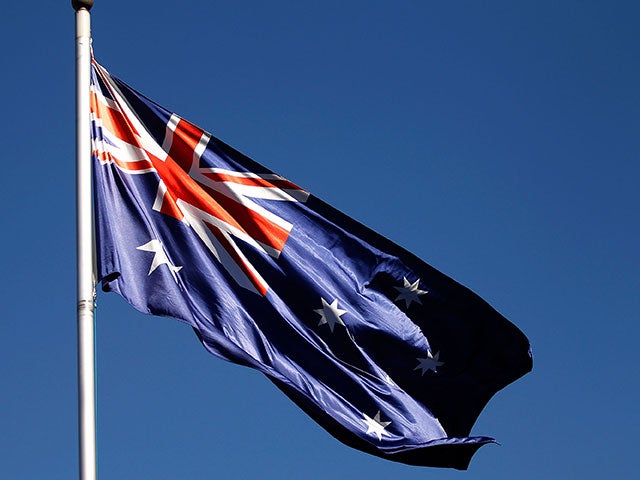Tony Abbott removed: Australia has had five prime ministers in five years
Tony Abbott has been ousted by his Minister for Communications, Malcolm Turnbull

The sudden ousting of Australian Prime Minister Tony Abbott now means the country has had five people fill the position since 2010.
Kevin Rudd, Labor
December 2007 – June 2010
Controversial moments: During his first term, Rudd withdrew troops from Iraq and signed a climate pact. He also apologised to children of Australian Aboriginal and Torres Strait Islander descent who were taken away from their families by government agencies up until the 1970s.
Reason for defeat: Despite a landslide election victory, Rudd’s popularity dipped after he shelved an emission-trading scheme which had been central to his environmental strategy and because of his decision for highly taxing profits made in the mining sector. Deputy Prime Minister Julia Gillard challenged his leadership position. Knowing he had lost the support of a large number of Labor leaders, Rudd stood down as Prime Minster and party leader.
Julia Gillard, Labor
June 2010 – June 2013
Controversial moments: As the first woman to be leader of the Labor party and Prime Minister of Australia, she lambasted the opposition in a speech about misogyny which went viral, gaining her global attention. Her government passed the law on the emission-trading scheme, as well as the tax on mining.
Reason for defeat: Her policy on processing asylum seekers offshore was highly criticised. Gillard announced she would review it after a ship carrying nearly 90 asylum seekers crashed into Christmas Island, killing around 50, in December 2010. After Labor’s position in the polls continued to decline, Gillard announced a leadership re-election on television. In a ballot later the same day, she was defeated by Rudd.
Kevin Rudd, Labor
June 2013 – September 2013
Controversial moments: Rudd resigned from his position as Foreign Minister in 2012 leading the Deputy Prime Minister called him "dysfunctional". But during his second term as Prime Minister, despite it only being three months long, Rudd overhauled asylum and climate policy. His second cabinet appointed a record number of females with 11 of the 30 ministers being women.
Reason for defeat: Support for his party grew and then fell as voters began to favour the opposing Liberal-National coalition. The Labor government was eventually replaced by the opposition and Rudd announced he would step down from politics in November following high levels of criticism from members of the Labor party.
Tony Abbott, Liberal
September 2013 – September 2015
Controversial moments: In 2014, Abbott took a firm stance against the threat of Isis and took part in air strikes in Iraq and Syria. He sparked outrage earlier this month when he suggested that Isis terrorists were worse than the Nazis because they boasted about their actions.
Reason for defeat: During Abbott's leadership, many controversies arose such as the military-led border patrol called Operation Sovereign Borders for asylum seekers. His popularity also dipped after voters criticised plans to make cuts to the education and healthcare systems. Abbott’s seat was suddenly contested by his minister for communications Malcolm Turnbull who won 54 votes to Abbott’s 44.
Malcolm Turnbull, Liberal
September 2015 – incumbent
Controversial moments: The former lawyer and businessman is a supporter of climate change action and gay marriage. But the BBC reported that Dr Peter John Chen, a politics lecturer at the University of Sydney, said that although Turnbull had "the hallmarks of an effective leader", he was "not greatly loved by his party".
Subscribe to Independent Premium to bookmark this article
Want to bookmark your favourite articles and stories to read or reference later? Start your Independent Premium subscription today.

Join our commenting forum
Join thought-provoking conversations, follow other Independent readers and see their replies